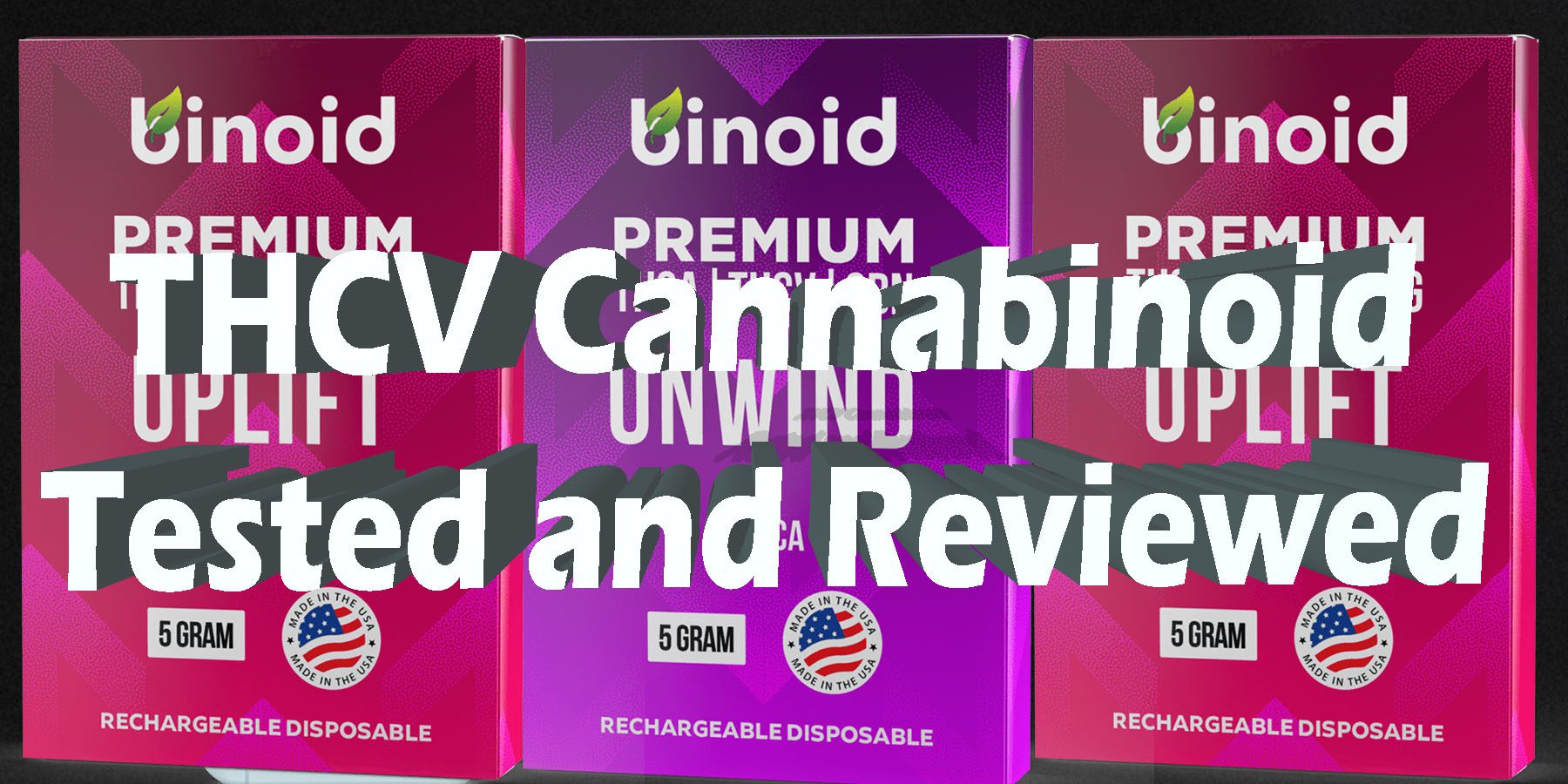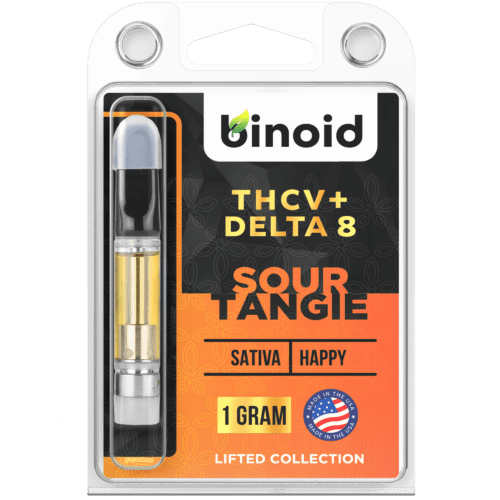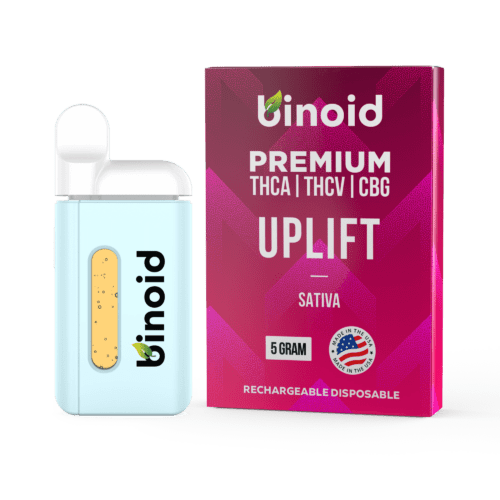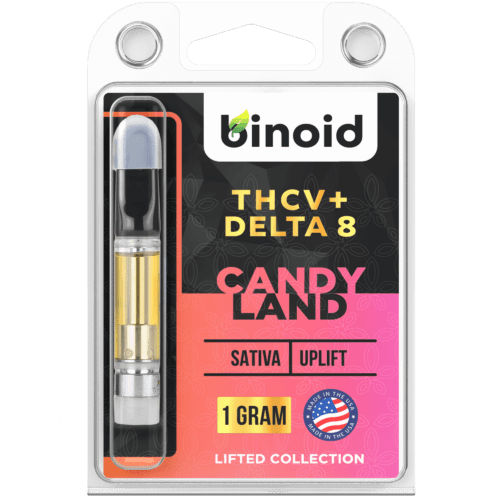Tetrahydrocannabivarin (THC-V) is one of the most unique cannabinoids when it comes to its chemical properties and effects, all of which its users consider to be extremely valuable. So, how does THCV actually work in the body, to explain why its properties affect us in the way that they do?
To Buy THCV Products Click Here
-
Product on sale
 THCV + Delta 8 THC Vape Cartridge$28.99
THCV + Delta 8 THC Vape Cartridge$28.99$59.99
How Do Cannabinoids Work?
To better understand how tetrahydrocannabivarin works, we need to start grasping the relationship that all cannabinoids share with the body’s endocannabinoid system (ECS). The ECS is a system found in all mammals, and its role is to use cannabinoids to regulate individual processes of the body, with the overarching goal of bringing us into homeostasis.
Throughout the body, you’ll find cannabinoid receptors, each one capable of regulating a specific process of the body, whether it be our sleep cycle, our mood, our inflammation levels, our pain tolerance, etc. Cannabinoid receptors are split into two categories: CB1 receptors, located in the nervous system, and CB2 receptors, located primarily in the nervous system, digestive system and immune systems. Some cannabinoids work more strongly with CB1 receptors, some work more strongly with CB2 receptors, and some work with both in a more balanced way.
When a cannabinoid absorbs into our body, it attaches to certain cannabinoid receptors, and this creates a chemical reaction which enables the cannabinoid receptors to regulate specific processes that affect our body and mind. At the same time, specific cannabinoid receptors in our brain use certain cannabinoids to produce a psychoactive effect, and how strongly a particular cannabinoid attaches to those receptors determines the strength of the high, which explains why some cannabinoids are far more intoxicating than others.
There are over 100 individual cannabinoids in the hemp plant, and each one plays its own role in interacting with the endocannabinoid system, which explains why each cannabinoid ultimately feels and behaves differently. This is why getting high off of delta 8 can feel so different from getting high off of THC-P, for example. Theoretically, each time we consume a cannabinoid, we’re bringing our bodies closer to homeostasis, although it’s safe to say that the majority of people who take psychoactive cannabinoids are more interested in its immediate intoxicating effects, which are undeniably enjoyable and can be extremely valuable.
How Does THCV Work with the Endocannabinoid System?
Tetrahydrocannabivarin is a cannabinoid that acts on both CB1 and CB2 receptors, which explains the diversity of its effects. But, its relationship to CB1 receptors in particular is quite unique, and even sets it apart from others that have psychoactive properties. In low doses, THCV actually acts as a CB1 antagonist, meaning that it inherently blocks any psychoactive effects from taking place. It’s not until a certain threshold dosage is reached that it converts to being a CB1 agonist, meaning that it does create a psychoactive effect.
In simpler terms, this means that THCV won’t get you high at all unless you take a fairly large dose of it. And, the threshold dose seems to be subjective to the user, which means that there’s no standard guideline for taking it specifically to experience its high.
What Effects Can THCV Offer?
We already shared a bit about tetrahydrocannabivarin’s unique psychoactive properties, which seem to be completely one of a kind. The high of THCV is also reported to last for about half as long as delta 9’s high, and even in what would be considered high doses of THCV, the effects seem to be extremely mild, which indicates that the cannabinoid does not act on CB1 receptors nearly as strongly as most other psychoactive cannabinoids available on the market.
But, people who do take THCV are often doing so because they’re seeking out its other properties, which are totally independent of its high. Tetrahydrocannabivarin has been studied intensively since the 1970s.
Final THCV Working Thoughts
Tetrahydrocannabivarin is a cannabinoid with properties that can seem elusive to some people, but still, understanding how this particular compound works with the body’s endocannabinoid system shines a lot of light on its capabilities and unique qualities. At the same time, understanding how THCV works helps us use it better to our advantage moving forward. And, at Binoid, you can enjoy all sorts of amazing THCV products.






